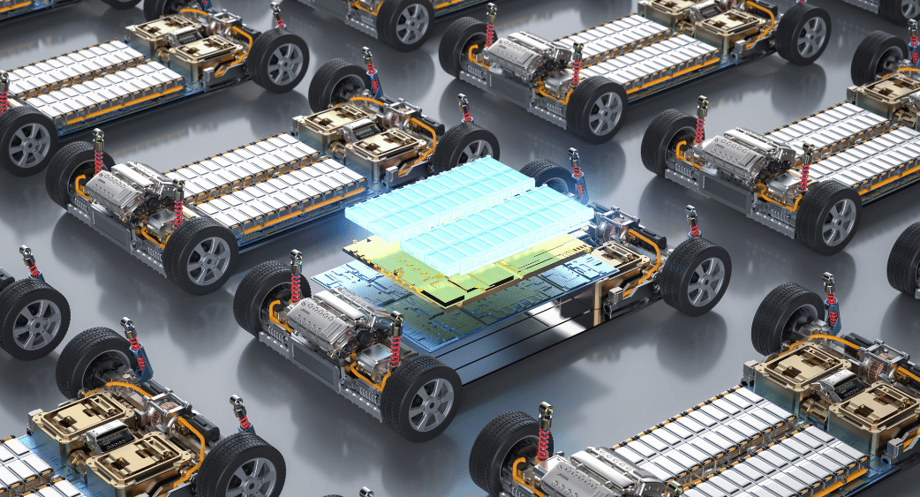
Automakers are dedicating efforts to furthering battery capacity and safety to support a booming EV market. Examining the strides being made as sales figures climb.
The charge capacity and range of today’s electric vehicles (EVs) is a popular topic of conversation in the automotive world. As EV sales continue to surge, automakers are dedicating resources to increasing battery capacity while protecting units from overheating.
The electric vehicle insulation market expects to record a valuation of $1.3 billion by 2030 as a result of these efforts, according to data from a new Global Market Insights report. IEA’s release of the annual Tracking Clean Energy Report claims that, despite seeing 6.6 million EVs sold in 2021, this year will result in a record number of EVs on roads worldwide.
This article will examine how automakers are making efforts to improve battery capacity and safety to support transportation’s increasing electrification.
Better by demand
The push for increased battery longevity and safety stems from a proposal by the United Nations Economic Commission for Europe (UNECE) to ensure the durability of batteries used for both plug-in hybrid and fully electric automobiles.
These new measures, developed as a United Nations Global Technical Regulation (UNGTR), will mandate manufacturers to certify the batteries affixed to EVs will lose less than 20% of their initial capacity over five years or 100,000 kms.
Ongoing Innovation
Suzuki is one of the many automakers developing technologies to maximize the potential of EV batteries. Reuters reports that the Japanese company is investing almost $1.4 billion to develop a new EV battery factory in India. The strategy is aimed at selling affordable EVs in India and Japan by 2025.
Chinese EV manufacturer NIO claims that they’ll have a 150kWh solid-state battery ready for launch before the end of the year. The advancement will see a variety of EVs under the NIO banner enjoy substantial range increases. Existing owners can upgrade their batteries once the new technology has been released. NIO vehicles feature swappable batteries to facilitate an easy transition.
The proposed increase will see the NIO ES8’s driving range reach 850km, propel the ES6 to 900km and afford the ET7 well over 1,000km.
Solid alternative
Current lithium-ion batteries in EVs contain potentially flammable liquid electrolytes that shrink under high temperatures. As Batteries News reports, replacing organic liquid electrolytes with solid-state batteries could enable longer-lasting batteries that are also safer.
Solid-state EV batteries may also feature less energy density than their li-ion counterparts, allowing a higher energy availability in EV battery packs. While solid-state batteries are not ready for EV use yet, future integration could help solve range and safety issues simultaneously.
Webasto is proud to offer charging solutions that support today’s EVs. To learn more about the latest battery and charging innovations, visit our informative blog page.
When you’re ready to explore charging solutions for your EV, contact Webasto for the latest in clean-energy charging systems.

